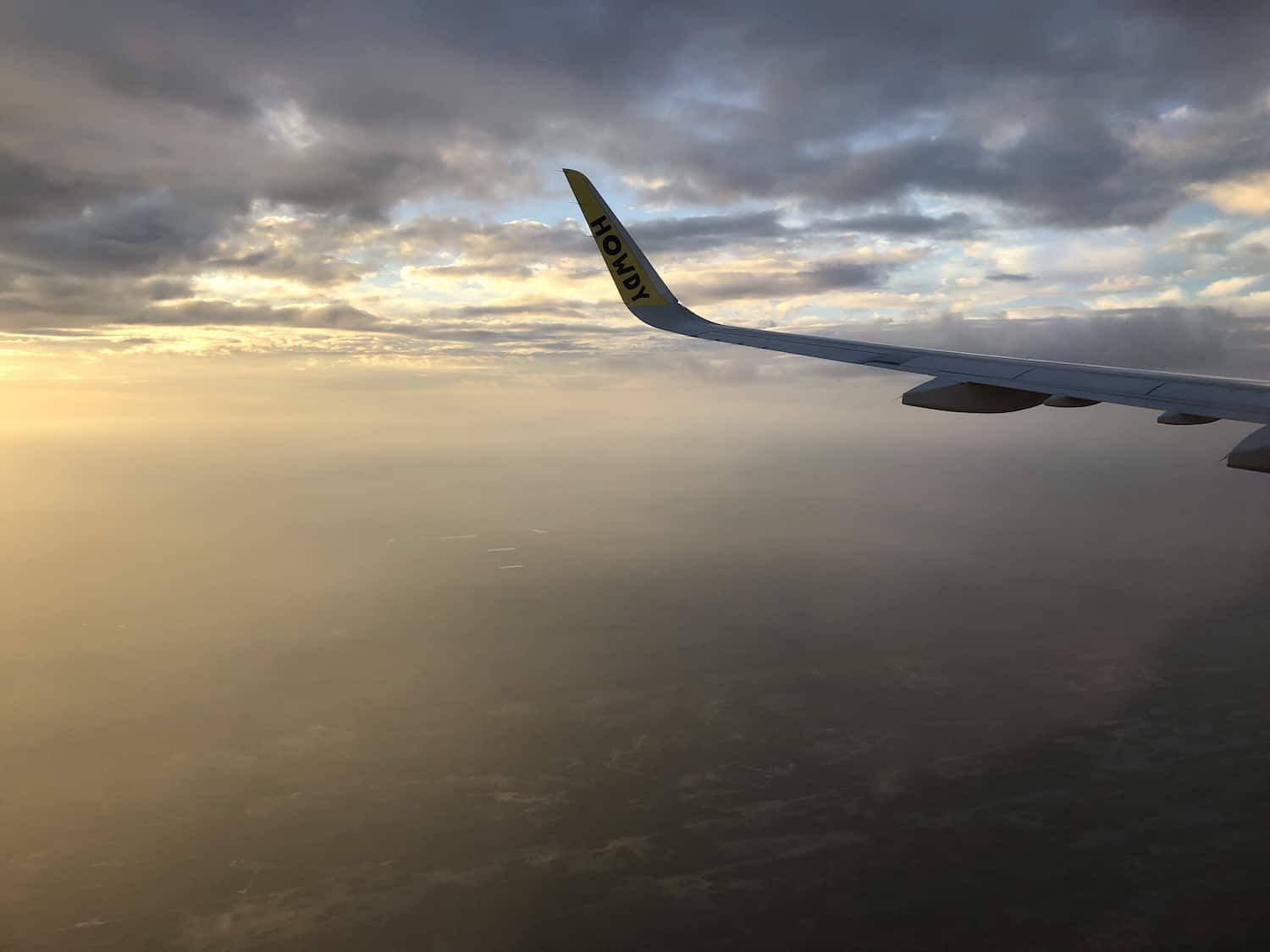Health authorities have made it easier for Costa Ricans who got their first vaccine dose abroad to receive their second shot closer to home.
“The National Vaccination and Epidemiology Commission agreed to abolish the requirement to apostille the vaccination card against Covid-19 issued abroad in order to receive the second dose on Costa Rican soil,” a Health Ministry press release reads.
Previously, a Costa Rican who received their first dose abroad had to apostille the vaccine document to get their second jab here. This was a lengthy authentication process involving authorities from both countries.
Now, a Tico can get their second administration here “in accordance with the vaccination regulations in force.” In other words, he or she can get the follow-up shot as long as their vaccination group and age range are eligible.
As Costa Rica struggles with spiking Covid hospitalizations and slow vaccine deliveries, local travel agencies reportedly expect 10,000 Ticos to visit the United States in order to get their shots.
Travel packages are pricy — this one is $1,600 — but include airfare to the U.S., accommodation, and transportation to and from the vaccination site.
This is all possible because many U.S. states do not ask for proof of residency when scheduling Covid-19 vaccines. In addition, the United States has a surplus of vaccines, and Covid-19 providers in the U.S. cannot charge individuals for the vaccine.
While “vaccine vacations” to the United States are not explicitly illegal, they do raise ethical concerns.
The Pan American Health Organization (PAHO) says traveling to other countries to be vaccinated proves the inequity in access to doses on the continent.
“Let me say that vaccine tourism is not the solution, but rather a symptom of the inequality in the distribution of vaccines in the Americas,” said Carissa Etienne, director of PAHO, the regional office of the World Health Organization (WHO).






